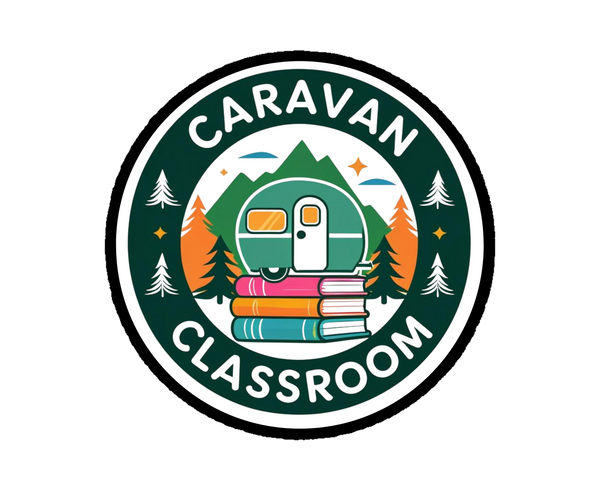Developing Essential Skills
🌱 Supporting Learning Beyond Curriculum Content
At Caravan Classroom, we believe education is more than just ticking off curriculum boxes. While curriculum-aligned learning is central to our home education plans, truly effective learning also involves developing the broader skills children need to become independent, confident, and adaptable thinkers.
These transferable skills – such as critical thinking, organisation, and emotional regulation - support learning across all subject areas and help children thrive in an ever-changing world.
🧠 Suggested Session Flow
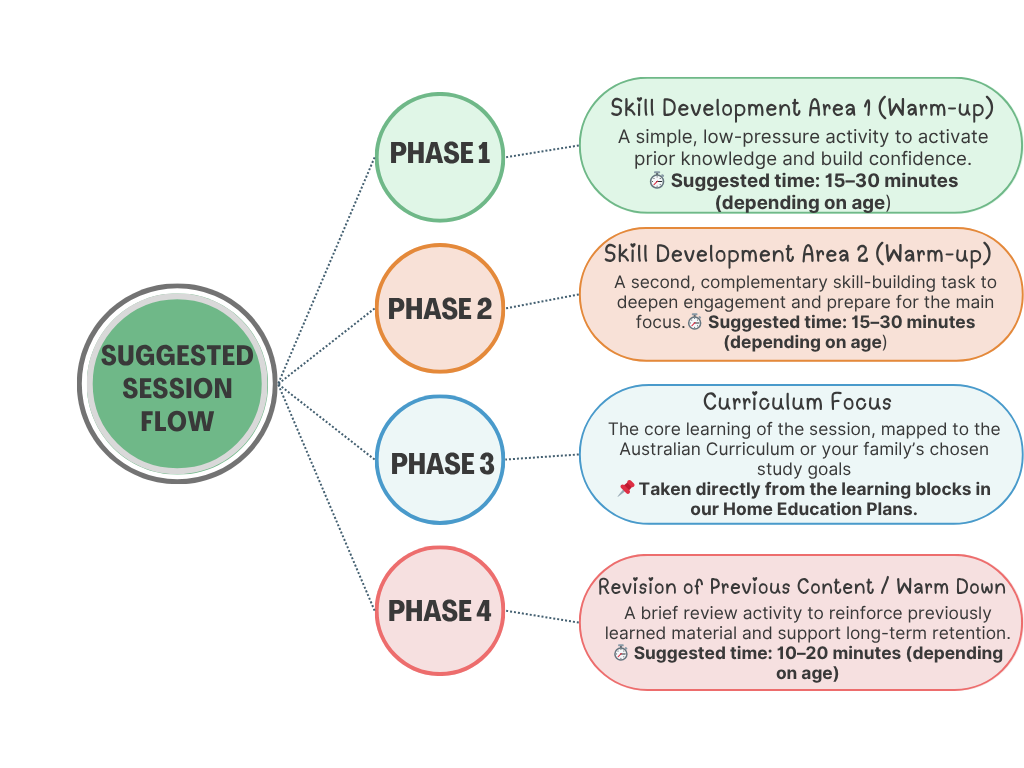
✨ What We Provide:
Our plans include detailed learning blocks (Phase 3) that address the Australian Curriculum with clear learning intentions and outcomes. Our plans include suggested activities, resource lists, and information about how to collect evidence for assessment and reporting.
Click here for more information about what our plans include.
🎯 Why Include Warm-Ups and Warm-Downs?
These optional skill-building phases aren’t just “extra work” - they serve an important purpose:
· Boost Confidence: Start with small wins that ease your child into the session.
· Improve Focus: Engaging activities improve attention and motivation.
· Reinforce Core Learning: Skills like reading fluency, writing, and mental maths support success in every subject.
· Encourage Lifelong Habits: Children learn to reflect, self-monitor, and grow - essential traits for independent learning.
🧠 Sample Skill Development Ideas
These adaptable suggestions cater to various ages and abilities and can be undertaken with or without adult support. We recommend selecting 3–5 skills to focus on during Phases 1 and 2 of our suggested learning session overview. Rotating among these chosen skills helps maintain learner engagement and fosters comprehensive development.
Collapsible content
🔤 Literacy Skills
· Annotation: Highlight main ideas and key words in a short text.
· Paraphrasing: Rewrite a sentence in your own words.
· Reading fluency and comprehension: Read with accuracy, expression, and understanding across a range of texts.
· Typing Practice: Use free online tools for 5–10 mins a day to develop efficient touch-typing skills.
· Vocabulary: Match new words with definitions or use them in sentences.
✍️ Writing & Spelling Skills
· Essay Writing: Plan and write essays with an introduction, body, and conclusion in various formats and for different purposes.
· Grammar Conventions: Use correct sentence structure, punctuation, parts of speech, and verb tense; editing and proofreading written work.
· Handwriting: Develop legible writing with appropriate size, spacing, and letter formation.
· Letter Writing: Write a correctly formatted letter to a family member, character, or future self.
· Narrative Writing: Complete story starters or describe a setting.
· Paragraph Writing: Organise ideas into paragraphs with topic sentences, supporting details, and conclusions.
· Persuasive Writing: Write a short opinion and give one or two reasons.
· Poetry Writing: Try writing poetry using different styles such as limericks, ballads, or free verse.
· Punctuation: Use full stops, commas, question marks, exclamation marks, quotation marks, and apostrophes correctly.
· Resume Building: Fill in a basic template with name, hobbies, experience and skills.
· Sentence Structure: Build clear and complete sentences using proper word order, conjunctions, and varied sentence types.
· Spelling Rules: Learn and apply common spelling patterns and high-frequency words. Focus on one rule at a time (e.g. “i before e except after c”).
· Spelling Words: Practise 5–10 weekly words with activities such as rainbow writing or sentence use. This is also beneficial for secondary school students - Refer to lists of the most commonly misspelled words.
➗ Numeracy Skills
· Arithmetic Drills: Timed addition, subtraction, multiplication, division.
· Estimation: Guess lengths, weights, or totals — then check.
· Graph Reading: Answer 2–3 questions about a simple chart.
· Mathematical reasoning: Apply concepts to real-world scenarios and explaining thinking clearly.
· Mental maths strategies: Use efficient techniques to solve problems mentally.
· Number facts: Quickly recall basic addition and subtraction facts.
· Patterns: Continue or create number sequences.
· Place value: Understand the value of digits in numbers and how numbers are built.
· Problem-solving: Apply mathematical thinking in practical and real-life contexts.
· Times tables: Recall multiplication facts quickly and accurately (usually up to 12 × 12).
🧩 Critical Thinking Skills
· Analytical thinking: Interpret texts, data, and problems critically and forming logical conclusions.
· Assumptions & Bias: Discuss or label bias in an ad or article.
· Cause & Effect: Identify what happened and why in a short scenario.
· Critical reading: Engage with texts beyond surface meaning by identifying themes, techniques, and author purpose.
· Fact vs Opinion: Sort five sentences into fact or opinion.
· Logic Puzzles: Solve simple “if... then...” statements or riddles.
· Make Predictions: “What do you think will happen next?”
🗂️ Study & Organisational Skills
· Checklists: Create and tick off a 3-step to-do list.
· Computer literacy: Navigate digital platforms, managing files, and using software for research, presentations, and assignments.
· Goal Setting: Write 1 thing to improve and 1 strength.
· Flashcards: Self-quiz vocabulary or maths facts.
· Independent study habits: Manage workload, set goals, meet deadlines, and revise effectively.
· Information literacy: Locate, evaluate, and reference credible sources when conducting research.
· Mindfulness: 1-minute breathing or quiet focus exercise.
· Note-taking: Summarise key information efficiently from lessons, texts, and presentations.
· Organisation and time management: Use planners, checklists, or digital tools to stay on top of commitments.
· Proofreading and editing: Review written work carefully to correct errors and improve clarity.
· Referencing: Learn how to acknowledge sources correctly, typically using APA style, to support academic integrity and avoid plagiarism.
· Research skills: Plan investigations, gather information methodically, and synthesise findings.
· Time Management: Use a timer for 5–10 min focus blocks.
🎭 Social & Emotional Skills
· Feelings Journal: “Today I felt ___ because ___.”
· Growth Mindset Prompts: “Something I found tricky but tried anyway was…”
· Kindness Idea: Write or say one nice thing to do for someone.
· Oral Presentation: 1-minute talk on a favourite topic.
· Polite Communication: Practise phrases like “Can I please…” or “Thank you for…”
🧭 Learning Strategies & Metacognitive Skills
“Learning how to learn” – tools for thinking, reflecting, and improving
Collapsible content
🧾 Proofreading & Editing
Read your work aloud, check one thing at a time (spelling, punctuation), and use an editing checklist.
🔍 Scanning & Skimming
Find specific info by scanning bold words, headings, and key facts.
Task: Find a date, number, or name in a short article.
🧠 Think-Aloud Strategy
Ask yourself:
“What do I already know?”
“Does this make sense?” “What should I do next?”
🎯 Setting a Purpose
At the start of learning, state why you’re doing it.
“I’m learning about graphs so I can read data better when we travel.”
📊 Monitoring Understanding
Stop and check:
“Am I following this?”
“What don’t I understand?”
🧮 Chunking Tasks
Break big jobs into smaller steps: Plan → Draft → Edit → Publish
Use checklists or task cards to keep track.
🔁 Self-Questioning
Use questions like:
· “What am I trying to find out?”
· “Does this match what I expected?”
· “What would I do differently next time?”
🔄 Reflecting
At the end of the task, reflect:
· “What worked well?”
· “What did I learn?”
· “What will I try next time?”
📚 Making Connections
Link new learning to real life or past topics.
“This reminds me of…” or “I saw this on our last trip.”
📘 How to Use This Structure with Our Plans
Your Caravan Classroom plan provides the what - detailed, curriculum-mapped learning blocks that form the core of each session (Phase 3).
You decide the how - choosing warm-up and warm-down activities based on your child’s interests, abilities, and learning goals.
We recommend focusing on just a few skill areas at a time, keeping it simple, engaging, and achievable.
🚐 What Our Family Does
In our own home school routine, we typically start the day with a short literacy or numeracy warm-up, followed by a varied skill-building activity (Phase 1 & 2). From there, we move into our curriculum focus using the learning blocks in our plan (Phase 3). We finish with a short review of past concepts - often through a game, journal entry, or brief discussion (Phase 4).
For continuity, we use the same grammar convention and handwriting texts during warm up activities that our children used when enrolled in mainstream schooling - simply check the book lists for each year level or purchase online through Office Works (or other retailers).
💡 Tip: We don’t usually home school on 'move the van' days or when we’re staying somewhere pricey (like a city) or only have a short time to explore. Instead, we make the most of quieter, cheaper spots - especially during school holidays - by settling into off-grid or less popular areas and getting lots of home schooling done. If the weather’s perfect, we’re more likely to head outside and enjoy the sun and ditch any theory-based learning, then make up for it when it’s rainy. You’ll soon find the rhythm that works best for your family too!
📚 Tools to Support You
We encourage families to use a mix of texts, apps, games, educational videos, and real-world experiences to deliver skill development activities. These resources make learning engaging and relevant - and they're easy to adapt on the road.
Texts We Love for Skills Development:
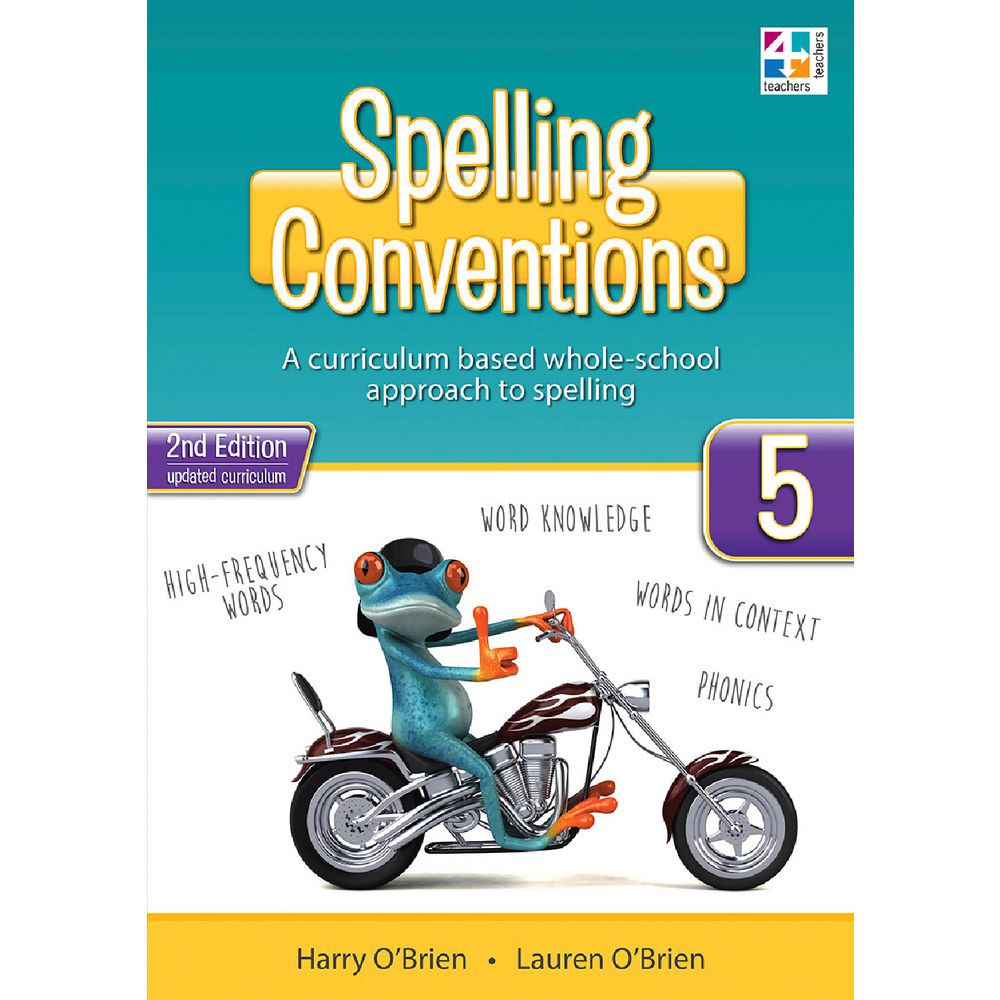
Spelling Conventions
The Spelling Conventions books are a continuum of structured curriculum-based learning from Foundation to Year 6.
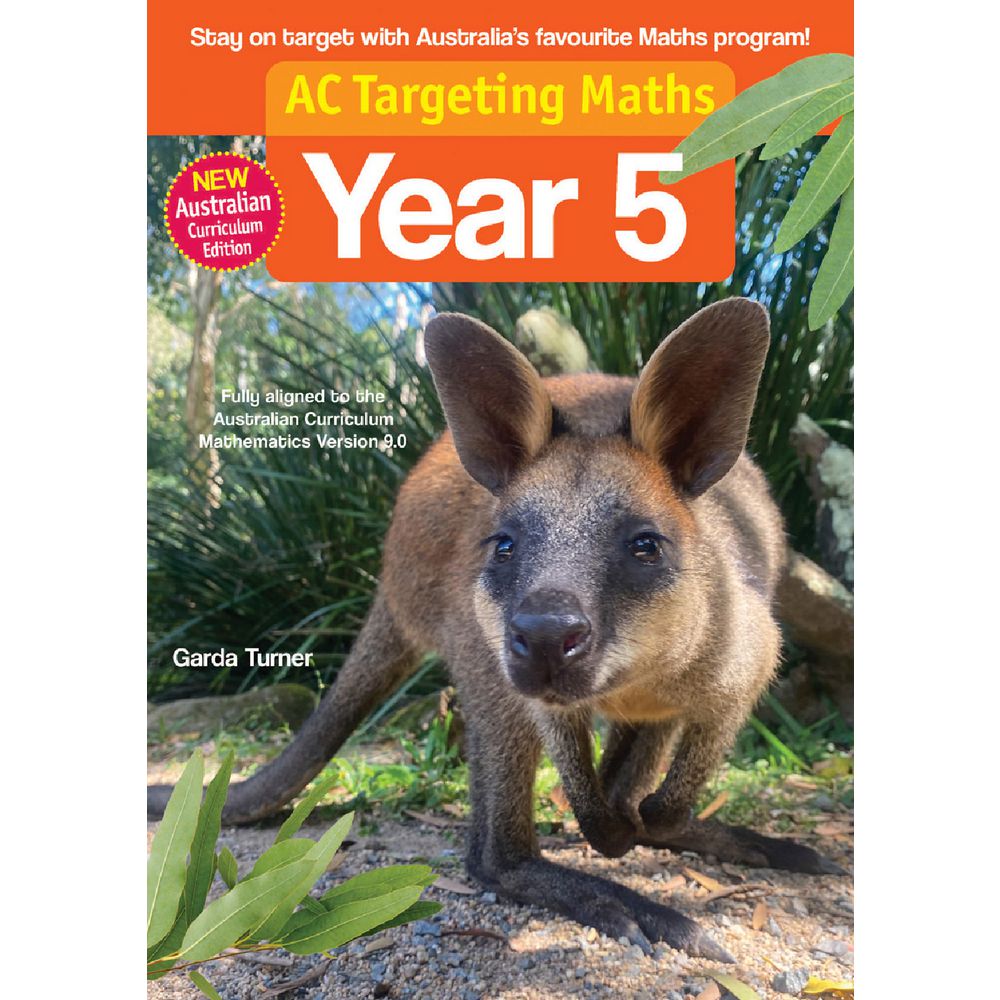
Targeting Maths
This new edition of the Targeting Maths textbook has been fully updated to link in the new outcomes. It is fully aligned to the new Australian Curriculum version 9.0.
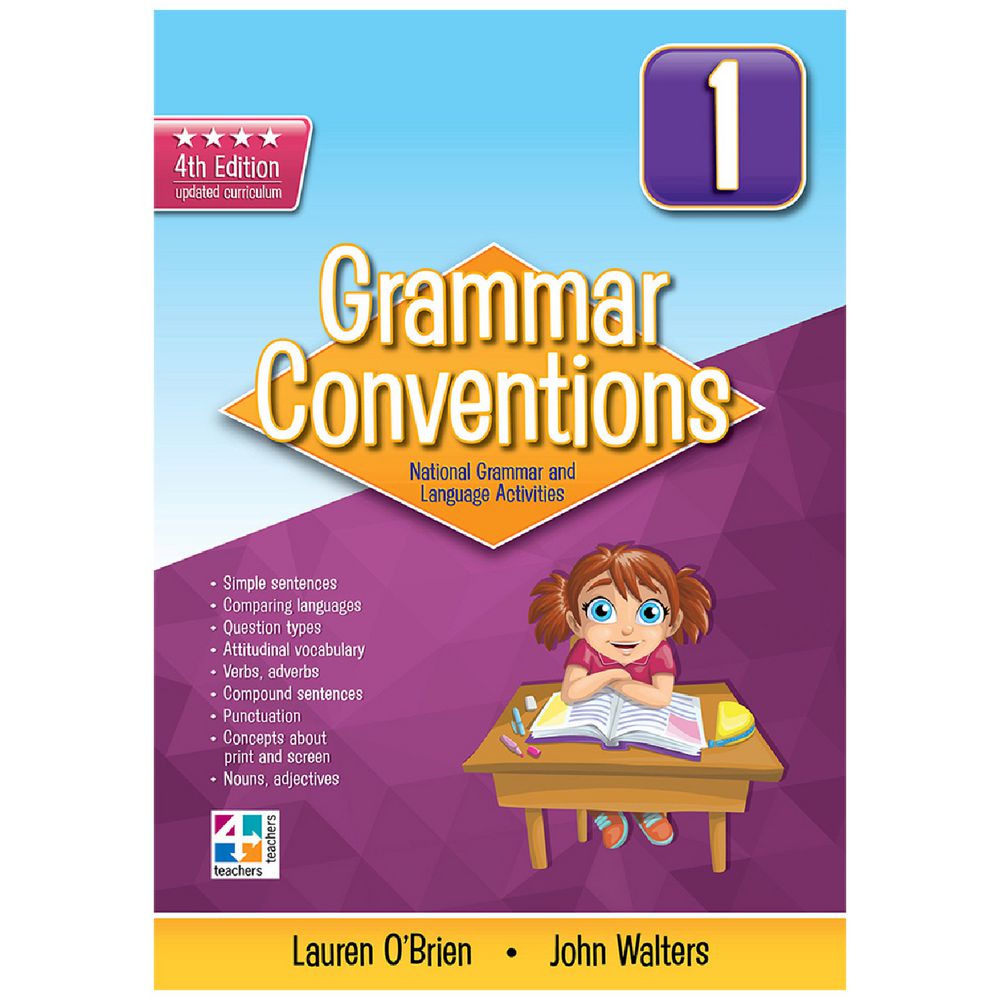
Grammar Conventions
This Grammar Conventions Book is part of a unique series written by Australian teachers to provide stimulating activities that will develop students' language skills. This workbook features an array of fun activities that address both traditional and functional grammar, catering for students aged 5 to 6.
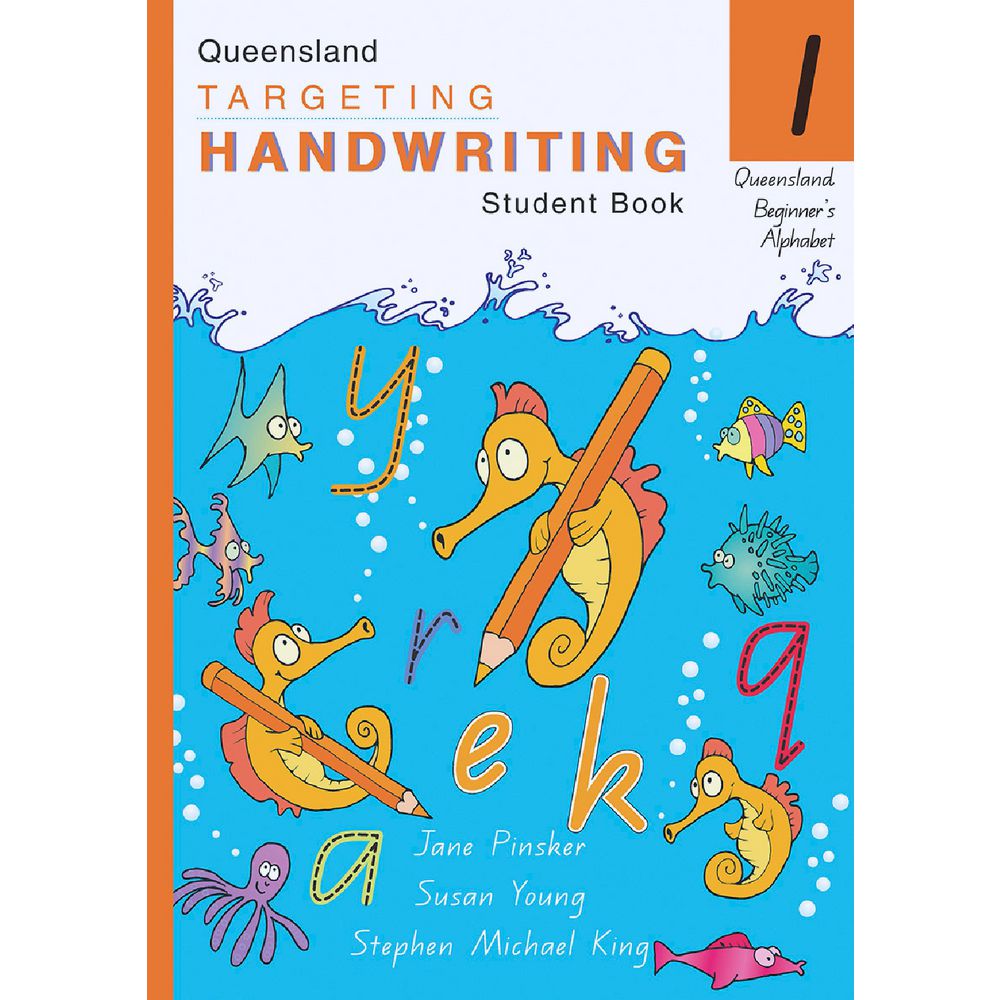
Targeting Handwriting
This Targeting Handwriting Student Book is perfect for helping new learners develop their skills. It contains a variety of different tracing and copying activities to help students learn how to form letters.
💡 Final Thoughts
Our plans are designed to give you clarity around curriculum expectations - while still leaving room for creativity and flexibility. You’re not expected to replicate school. Instead, you're empowered to create a meaningful, structured routine that reflects your child’s needs and your lifestyle on the road.
